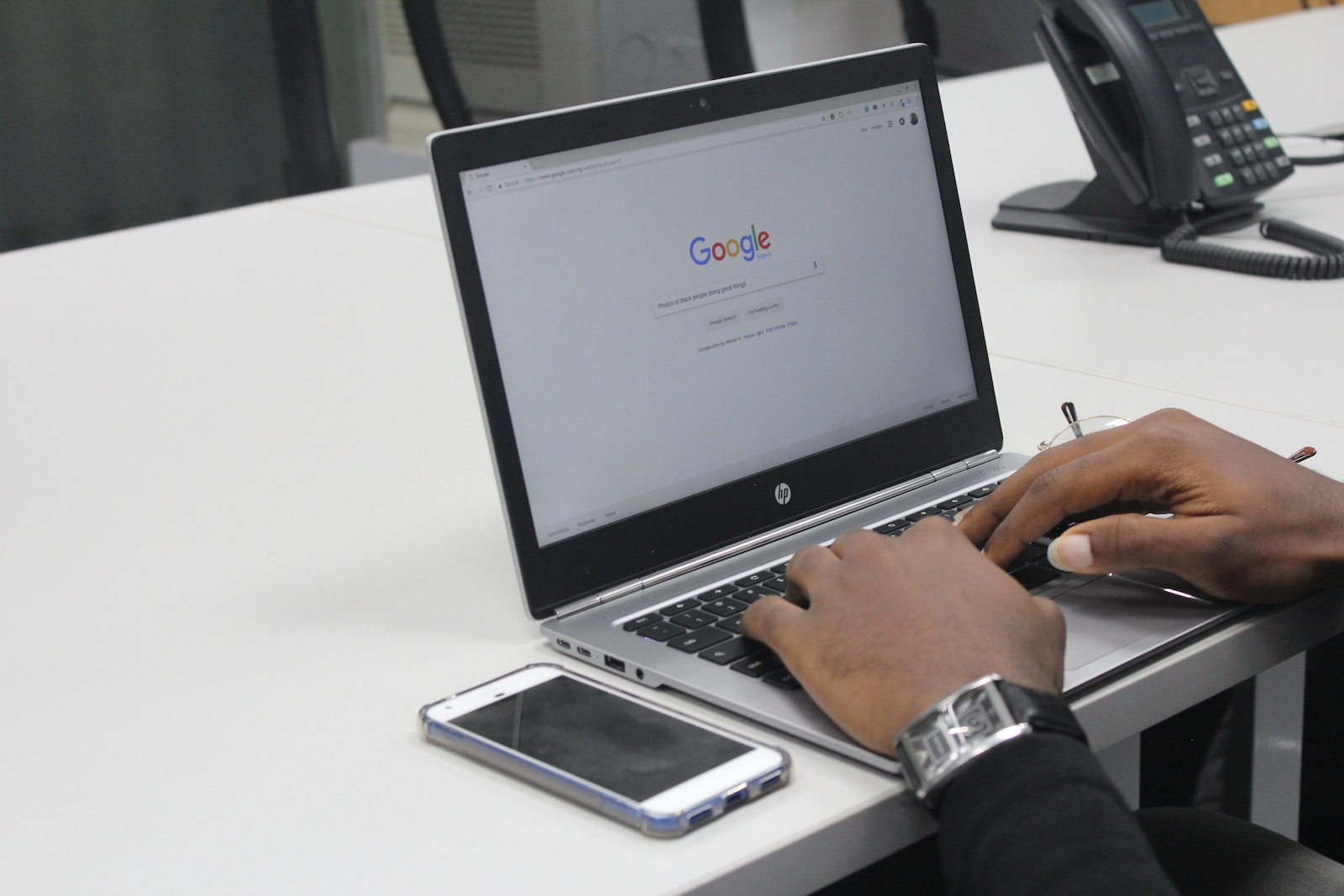As the social media battle rages on, each competing platform is doing everything it can to make life easier for its users. With development teams constantly introducing convenient new features to their respective interfaces, it can sometimes be difficult to keep up with the changes.
When microblogging site Twitter began using Bing’s translation engine to automatically translate users’ posts in 2013, it didn’t exactly make a big song and dance about it. In fact, nobody did; the whole rollout was quiet, to say the least. In hindsight, this might’ve been a good thing for the San Francisco-based firm, as it managed to slip away without attracting much attention as well.
A short and slightly disappointing stay
About a year after the automatic translation began to appear under foreign language tweets, users started reporting its disappearance – and few were demanding its immediate return.
At first, many tech commentators were surprised that Twitter hadn’t chosen Google as its partner for this venture, though how that would have made much of a difference, it’s hard to say. It’s impossible to place the blame on Bing’s shoulders here, simply because its flaws aren’t exclusive – they’re a common characteristic of machine translation services in general.
While the help was appreciated by some, it quickly became clear that Bing’s Translator feature didn’t quite match up to Twitter users’ high expectations, nor the quality produced via professional translation services.
Which is why its reintroduction is completely baffling.
It’s back…but why?
Yes, despite these reservations; despite the fact that the service’s results tend to range from slightly flawed to completely nonsensical, Twitter (quietly) announced in January 2015 that it was partnering up with Bing once again.
The service works slightly differently this time: the original incarnation automatically translated foreign language tweets, whereas now, they’re only deciphered when users hit a globe button which is displayed on tweets not in the user’s native tongue. Displayed, that is, providing the language is identified as foreign in the first place and some users have already reported such failures.
What’s most strange, however, is that Twitter already knows (obviously from previous experience) that the service won’t be 100 per cent correct and has thus felt the need to forewarn users about quality. On its own support page, Twitter said: “Although Bing Translator relies on advanced translation software to provide Tweet translations, the results still vary and often fall below the accuracy and fluency of translations provided by a professional translator.” Directing users then to Bing’s FAQ, it almost seems that Twitter is wiping its hands of the whole endeavour.
The importance of accuracy
Could this translation feature promote conversations across borders? On a conversational basis, probably. Could it win business in other territories? It’s doubtful; mainly because accuracy is so vitally important – even in a tweet.
In recent years, technology has revolutionised communication. The fact that SMS is now more popular than the actual voice calls demonstrates this perfectly. The shift isn’t just affecting casual chats between friends, though; its impact has changed the way businesses operate too, with all kinds of new opportunities for international expansion arising.
In this kind of environment, where face-to-face interaction is rare and business is regularly carried out across cultural boundaries, the importance of accuracy is higher than ever. As is the case with many complex and personal processes, this is something that can’t be achieved with machines.
When one wrong word – or even letter – can change the whole meaning of a sentence, it’s easy to see why so many of the world’s biggest businesses shun these algorithm-driven tools in favour of real human experts.
Languages are extremely complex things that can take years to learn and a lifetime to master. Exchanging from one to another is even more difficult, as effective translation relies on more than just swapping words for their literal equivalents. This is why so many of the world’s biggest businesses rely on professional, human-powered translation services – as good as technology is these days, computer algorithms will never quite match up. Don’t get me wrong, here at Brightlines Translation we advocate machine translation – it has vast capabilities – but you need to understand its limitations too.







